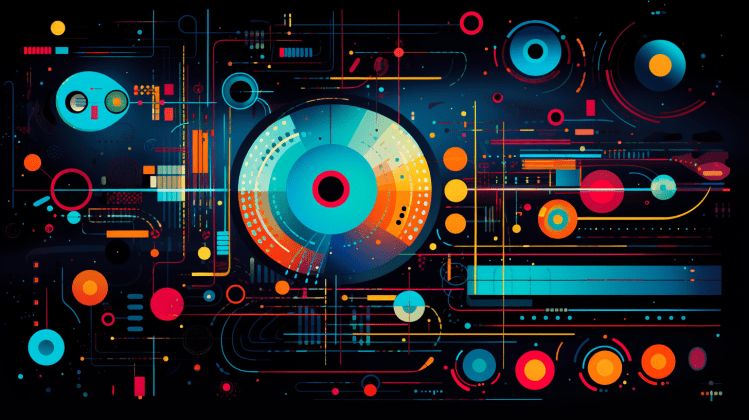Just about a year ago, I wrote about 2023 being the year of LLMs. Models like Llama 2, Claude, and Cohere emerged as substantial challengers to OpenAI, fueling innovation across various sectors. After a dynamic and exciting 2023, what lies ahead for AI in 2024? This new year will witness the application of highly advanced AI in creative and groundbreaking ways, leading to significant progress in multiple industries. However, amidst this progress, there are clear cautionary signals indicating the potential misuse of AI by bad actors. Thus, while the precise future of AI remains uncertain, one thing is certain: the developments in AI during 2024 will profoundly impact how we work and live.
The Rise of AI Agents
In recent times, AI development has increasingly focused on AI agents. These intelligent tools have already begun making significant contributions across industries, but the true potential is yet to be fully realized. The ReAct paper published earlier this year showcased the effective learning capabilities of LLMs, creating a wave of research in this direction. Companies like OpenAI and Anthropic have honed their models to better integrate with this technique, and institutions like Berkeley have developed specialized LLMs for this purpose. Moreover, the development of open-source libraries such as Langchain and Rivet has made it easier to apply these techniques.
This increased accessibility makes AI agents more ubiquitous than ever before. Acting as force multipliers, AI agents enhance human ingenuity and resourcefulness while deeply connecting to the relevant data for users and companies. The dawn of the “age of agents” is upon us, marking a new era in addressing needs through software and interacting with technology.
Changing User Expectations
As we transition into the era of intelligent agents, user and customer expectations will undergo a massive shift. Customers will demand a new level of responsiveness and interaction from their technology, viewing it not just as a tool but as a collaborator. Just as the release of the first iPhone revolutionized mobile devices’ intuitive controls, AI tools and assistants will redefine simplicity and ease of use in work and personal life. The presence of AI agents will not merely improve existing applications; they will introduce entirely new capabilities, enabling users to accomplish more.
AI assistants like Microsoft Copilot and Google Duet can draft documents, summarize emails, create presentations, and perform other creative and analytical tasks. The widespread adoption of such agents will create a situation where companies without them risk alienating their customers. The breakthrough feature of ChatGPT was its ability to understand and express natural human language. However, the upcoming advancements in AI vision will likely be even more significant. LLMs’ ability to train on visual data, making them multimodal, opens up new possibilities. Words are powerful, but images and illustrations can communicate complex concepts more effectively. Wearable devices are already being developed to assist in daily life, providing contextual information, visual cues, and real-time suggestions.
As we anticipate the future, it is essential to acknowledge the potential challenges that come with AI advancements. The line between real and AI-generated content is becoming increasingly blurred. Misinformation and AI-powered manipulation pose significant risks. The technology to influence and manipulate people at scale is now within reach of almost anyone, and we must navigate these risks with caution. Nevertheless, there is confidence in humanity’s ability to harness the positive aspects of AI and adapt to the challenges it presents. While the journey ahead may be turbulent at times, we will prevail and ultimately benefit from the advancements that AI brings.
“The coming year could be the year when the consequences of AI-powered manipulation take hold — from automated blackmail and fraud to the spread of conspiracy theories.”
– Cai GoGwilt, Cofounder and CTO of Ironclad










